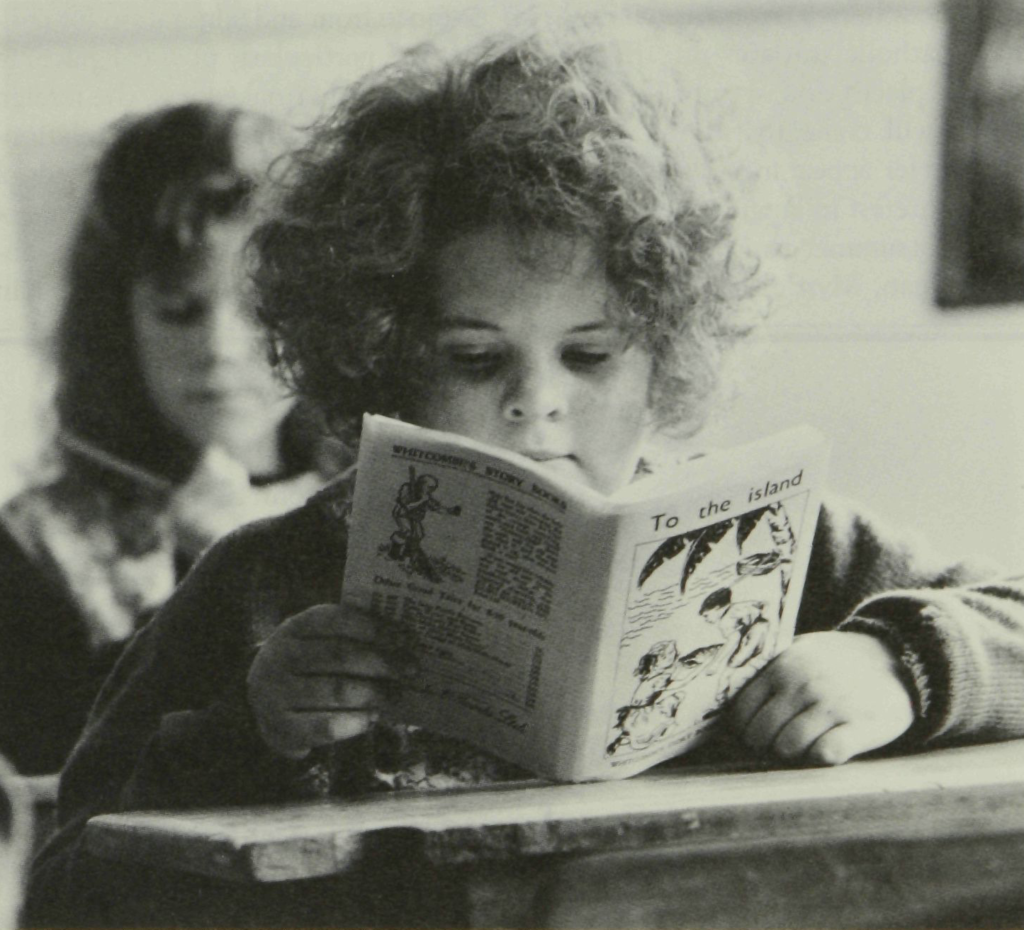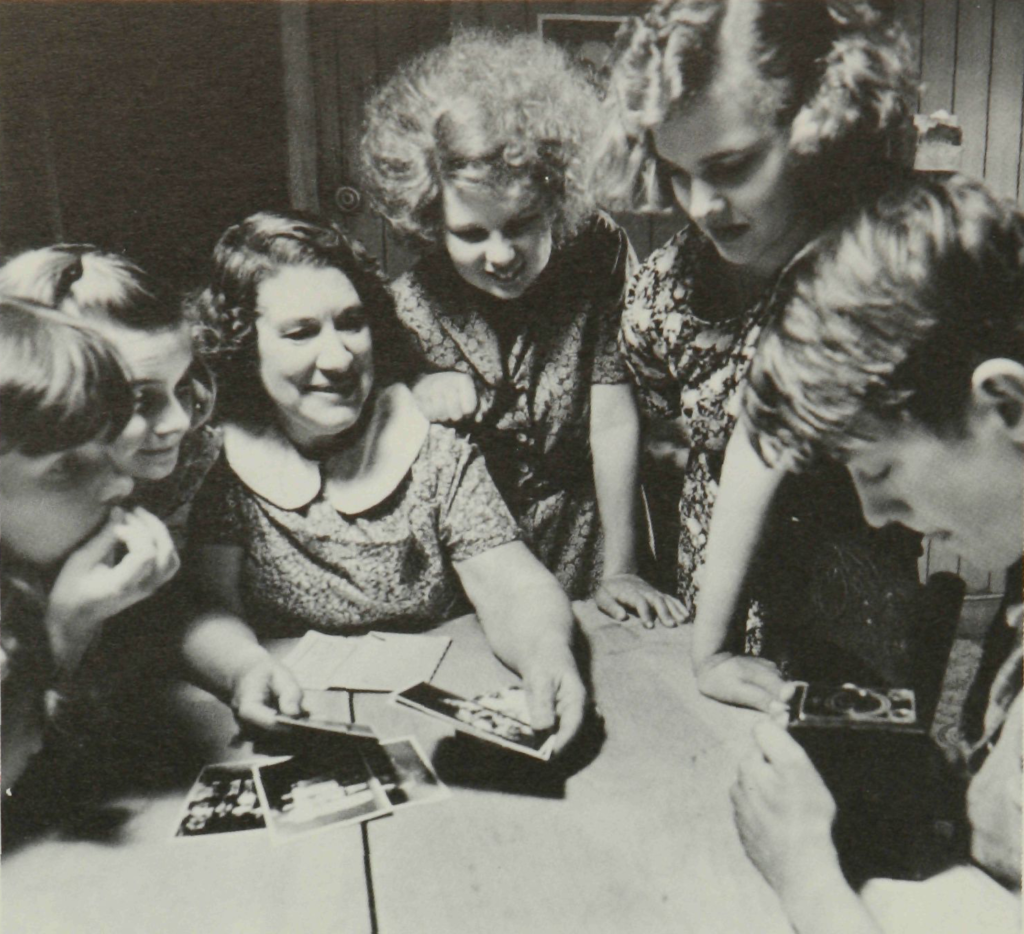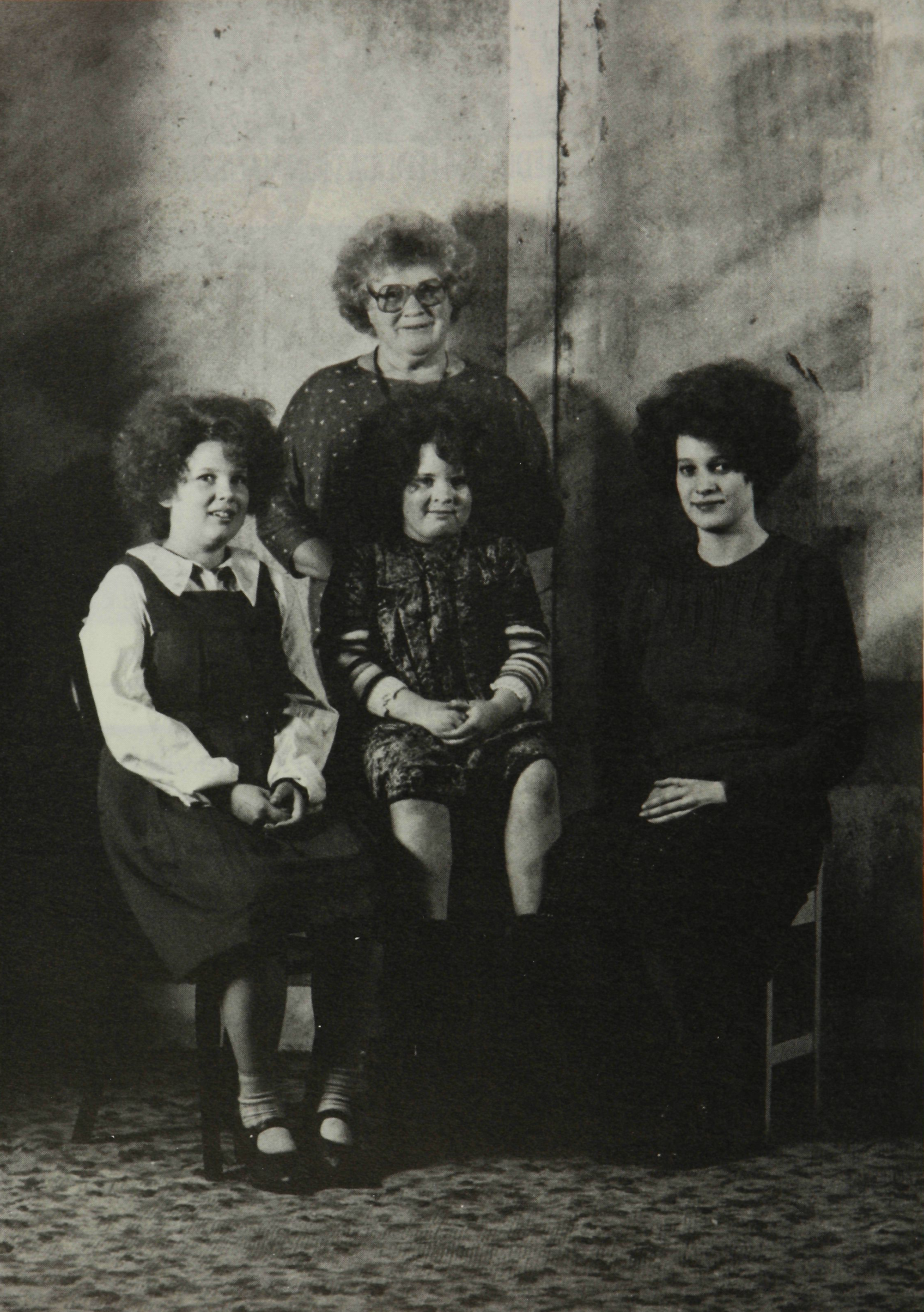Writing to his brother Theo from Aries in the summer of 1888 Vincent van Gogh described the extreme isolation in which he lived among the conservative and suspicious townspeople. The painter confessed: ‘If we each live alone it means being like madmen or criminals, in appearance at any rate, and also a little in reality.’
Van Gogh lived alone out of economic and social necessity not because he chose to, as even a cursory glance through his letters makes clear. Yet one of the persistent romantic myths about modern artists, and one which stems from Van Gogh’s career, is that creativity and madness walk hand in hand as though the machine of contemporary life has become so vast and impersonal that only a gesture of rage or the exit of depressive introversion can defy it.
It is this myth that Jane Campion’s superb film about the New Zealand writer Janet Frame investigates and in the process of its three parts based on Frame’s autobiography, manages to disassemble.
We are shown Jean at three stages in her development as human being, woman and writer – as gifted but wayward child, as gauche, painfully shy teenager and as young adult who survives the horrors of eight years of incarceration in a mental hospital and an endless series of shock therapy – to emerge as a successful writer, a world traveller and a woman who has reclaimed her sexuality and her independence.
It is as though scriptwriter Laura Jones has taken up a suggestion of the writer in Part One of her autobiography To The Is-Land that:
… as each member of the family was born, [they] began to supply the individual furnishings of each Was-Land, each Is-Land, and the hopes and dreams of the Future.
Thus the three parts of biography and film may be seen to be addressing Time Past or lost, Time Present or unacceptable and Time Future or regained. As appropriate to a character who overcomes apparent psychic trauma and mental illness, what we are asked to consider is a recollection of libido/childhood, of reality principle/puberty and young adulthood, and creative sublimation/adult experience.
What emerges from the film as its most obvious, deceptively simplified theme is the story of the making of an artist. Jean is sensitive, painfully shy, traumatised by the tragic deaths of two of her sisters, and able to find reconciliation with the various fragments of her existence through a dependence on literature.
The compulsion of this sensitive individual towards such a solution is made quite clear in Part One of the trilogy when Jean attempts to win peer approval by stealing money from her father for sweets which are distributed to her classmates. But early approval leads inevitably to her exposure and shame by an unsympathetic teacher. (There are a series of ruthless authority figures in Jean’s life who presume to possess the power of knowing better than she how to live it. One of the means of leading an audience towards exhilaration at Jean’s achievement is the way, in spite of or perhaps because of her non-resistance, she manages to subvert expectations of conventional behaviour.)
Later in the same sequence she writes her first poem, ignoring another authority, her sister Myrtle, on the conventions of poetic images, to win not only approval but what is to her more important integration with the children of her class as they joyfully complete the rhyming couplets she is experimenting with. At this early stage literature is established as a gift and a means of social reconciliation.
But if the means at Jean’s disposal to solve her central problem as individual isolate were as ready-made as this there would be no struggle and therefore no drama. Increasingly as Jean faces the prospect of adult integration into society literature becomes not communal gift but a ready means of taking refuge from that community with its painful rites of passage.

After the death of her sister Myrtle by drowning Jean is seen not only attending her grave but continually frequenting cemeteries as quiet refuges in which to write her poetry. The setting is highly symbolic of a withdrawal from experience, painful and demanding of growth, into a stagnant state of idealised and internalised beauty which is life in death.
Thus the making of Jean the artist is intimately connected with the development of Jean the maturing human being. If the film gives painful expression to the isolation of the artist within society, the brutal norms expected of all of us and the existentialist drama of humiliation, cruelty and death common to all, it insists that the trial Jean must face and overcome before she may rightfully live in the house of creation is to live in the real world, the one she shares with humanity, and to take her extraordinary but vulnerable sensitivity with her into it.
The price she pays for such dogged insistence on her own terms of entry is to be isolated, judged mentally unbalanced and almost erased as an individual through the socially pacifying process of lobotomy. The film suggests that in this predicament she shares a common experience with other rebels and creators such as van Gogh, Hugo Wolf and Sillitoe’s Long Distant Runner.
There is a surface simplicity about Campion’s film with its abrupt, apparently disconnected scenes, the intensity of their focus on Jean’s response to situations, which perfectly recaptures the deceptive simplicity of Janet Frame’s writing style. Take for example the scenes in which Jean’s affair with the American academic/poet Bernard are conducted on Ibiza. (We have been prepared for his appearance long before when as a teenager Jean has declared that she will love only a man like Arnold’s Scholar Gypsy.)
Then one night when we were in bed Bernard said, dismayed, ‘I’ve run out of supplies. I meant to get some.’
I felt distaste for his concern. In such moments one does not care about such things.
‘What does it matter?’ I said recklessly. Later I said dreamily, ‘What does it matter if I do have a baby?’
Bernard’s reply shocked me.
‘That would be terrible,’ he said.
He meant it. That would be terrible. His words haunted me with a reality that until then had been unable to reach me … His words ‘That would be terrible,’ effectively destroyed that perfect love. Quite suddenly the place on earth marked – as I thought indelibly – by the giant resumed its former place and growth. I felt my life, like the grass, resuming its place, responding to sun and light and wind.
The reason for the end of the affair is Bernard’s casual avoidance of her possible pregnancy. The film doesn’t simply copy this sequence. It concentrates the summer on Ibiza into four scenes beginning with Jean’s seduction – Bernard obsessively self involved interrupts proceedings to win approval for a poem he’s written, and concluding with his casual announcement that: ‘I’ve had a great summer. I’m going to miss you.’ Only the expression on Jean’s face indicates her shock at the abrupt termination, her sudden realisation that the affair has meant nothing more to Bernard than a little more romantic ‘local’ colour. Film and prose share only this common ground of male/female attitudes at loggerheads.
There is a lovely irony in this deceptively simple and non-editorialising style. For just as the intense complexity and dedication of the artist is judged as simple-mindedness, lack or inability of a person to communicate, so the visual surface of Campion’s film at first deceives the viewer into believing that the story it has to tell is a simple tale of shyness triumphant, the innocence of Jean’s early life nurtured successfully into adulthood.
A close examination of the sophisticated cinematic terms in which the story is compounded, built up in layers of recurring images and experiences which carry echoes of earlier experiences avoided or stored up and now dealt with in a growing social complexity that reflects Jean’s movement towards maturity, contradicts such a naive response.

Perhaps the most obvious unifying element is that of soundtrack music. The film begins with a very Celtic version of ‘Green grow the rushes oh!’ It ends with Jean in her parked caravan (an image of temporary refuge, a continuing journeying experience) writing ecstatically about the growth of grass as emblematic of the restorative energies of Nature. The song reappears at various points through the film – together with images of roads, railway tracks – to indicate significant moments of maturation. It is employed once as ironic comment – at Bernard’s departure from Ibiza. Experience and growth the music says are not necessarily pleasurable moments of selfhood.
More significantly the music of Schubert announces moments of contradictory demands in Jean’s development. The piano fantasia called ‘The Wanderer’ accompanies a shot of the wake of the boat carrying her to England. The Schubert aria: ‘To Music’ (opus 88 no.4) which begins ‘Oh Gracious Art!’ is first introduced by a young girl described as a dreamer of her class singing at a music class. A voice gossiping in the background tells us that she is leaving the school since her mother has just died. The close-up shows a face without grief. Art here is the great reconciler.
More pointedly the song is re-introduced, this time sung by Kathleen Ferrier at that moment when Jean, in panic at the appearance of the school inspector, runs from the classroom into a nearby park. The moment congeals her decision to pursue a career as an artist. But if this might seem to indicate a personal triumph it is quickly dispelled by her tears of exasperation and by the fact that she is carrying her shoes. The last time we saw shoes carried in the film was when her young sister entered with the drowned Myrtle’s red shoes. The commitment to Art is underlined by contradictory images and sounds of reconciliation and retraction into death.
Images of swimming, dancing, drowning (or at least aftermaths of such deaths) are part of the complicated and rich web of implicit corrections which the film subtly creates. Impossible in a short space to explore all of these but one will demonstrate the way the film builds its themes in cinematic terms. The young girl Isabel in Part One who introduces herself as Spanish and Roman Catholic initiates the theme of foreign places and specifically Spain which will come to fruition in Part Three. Her appearance also instigates Jean’s interest in languages.
At a summer camp in the bush the girls – Jean, Myrtle, Isabel – hold an impromptu beauty contest. Isabel complains that Myrtle lacks decorum and sashaying professionally along a fallen gumtree demonstrates a model’s pirouette. ‘Do it again!’ Jean invites her.
In Part Three Jean is swimming naked in the sea off a Spanish coast. Bernard on a rock watches admiringly. Like an unselfconscious Esther Williams (or Isabel of her lost childhood) she turns balletically in the water. ‘Do it again!’ Bernard invites her. The moment is her epiphany, that experience of grace, competence and admiration she has longed for. But it is also an epiphany, a sudden revelation or insight, in cinematic terms. The theme of the deaths by drowning of her sisters, of her distance from and admiration for confidence, particularly physical grace, in childhood, her nakedness, the foreign setting, the apparently secure relationship with a male – all these threads of the film come together for an instant of unspectacular magic. At the next moment the image will be shattered but in this case without shattering Jean.
The image on the screen is therefore potent with accumulated significance. It implies that Jean is not only growing in confidence but that she is reclaiming her past where contradictory forces of death, fear of exposure, lack of love on the one hand and sexual experience, the moment of grace on the other hand, are resolved. Campion’s film is full of such rich images. It is wholly satisfying at the visual as well as and indeed in conjunction with the narrative.
Jean’s ascent of the spirit as a woman in a conformist, male-dominated, moribund setting is that of William Blake’s awakening from innocence to experience but in this case Jean’s innocent persona, her creative self, does not as Blake describes it: ‘Build a Hell in Heaven’s despite,’ but enters the world of experience and triumphs there.





